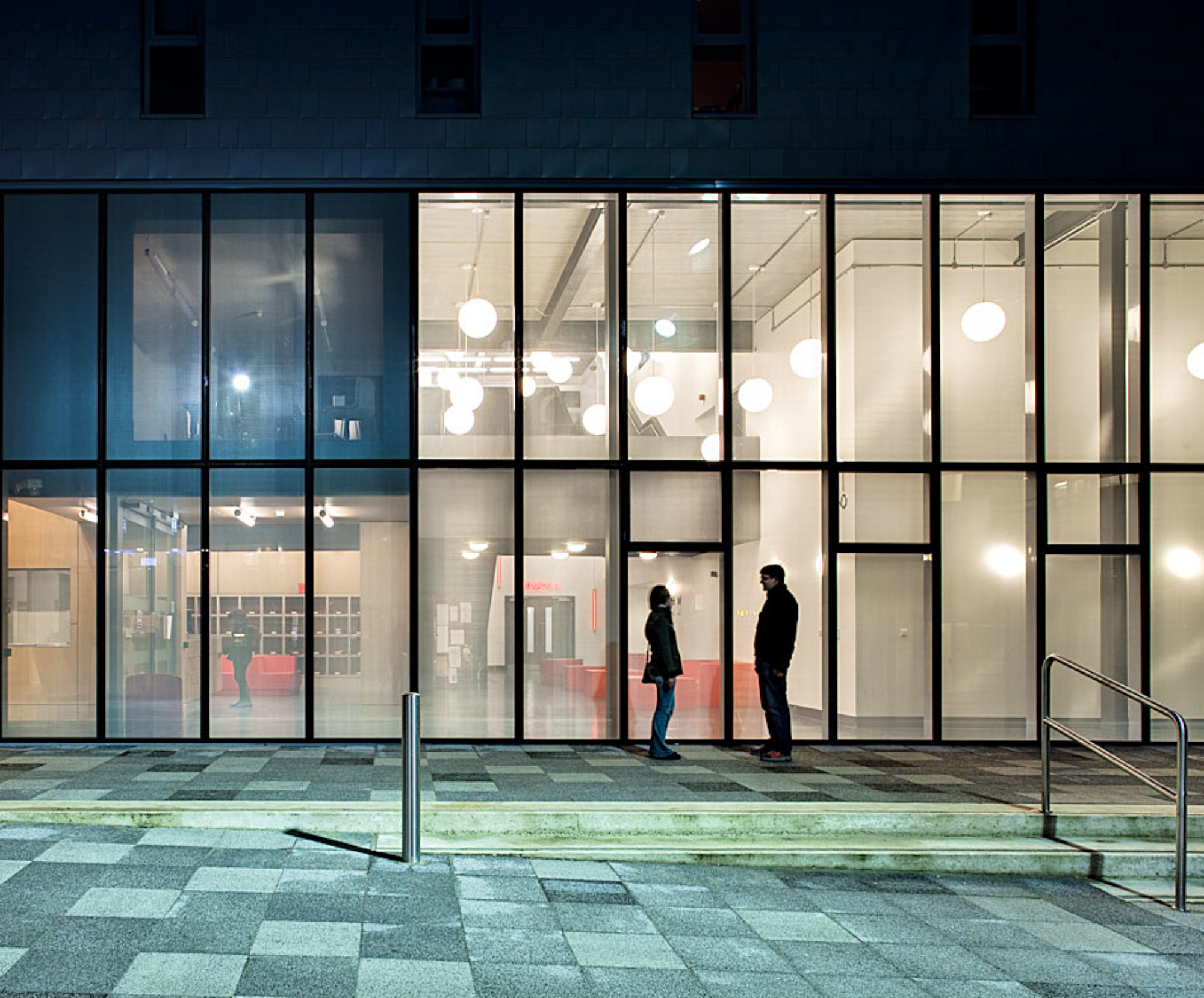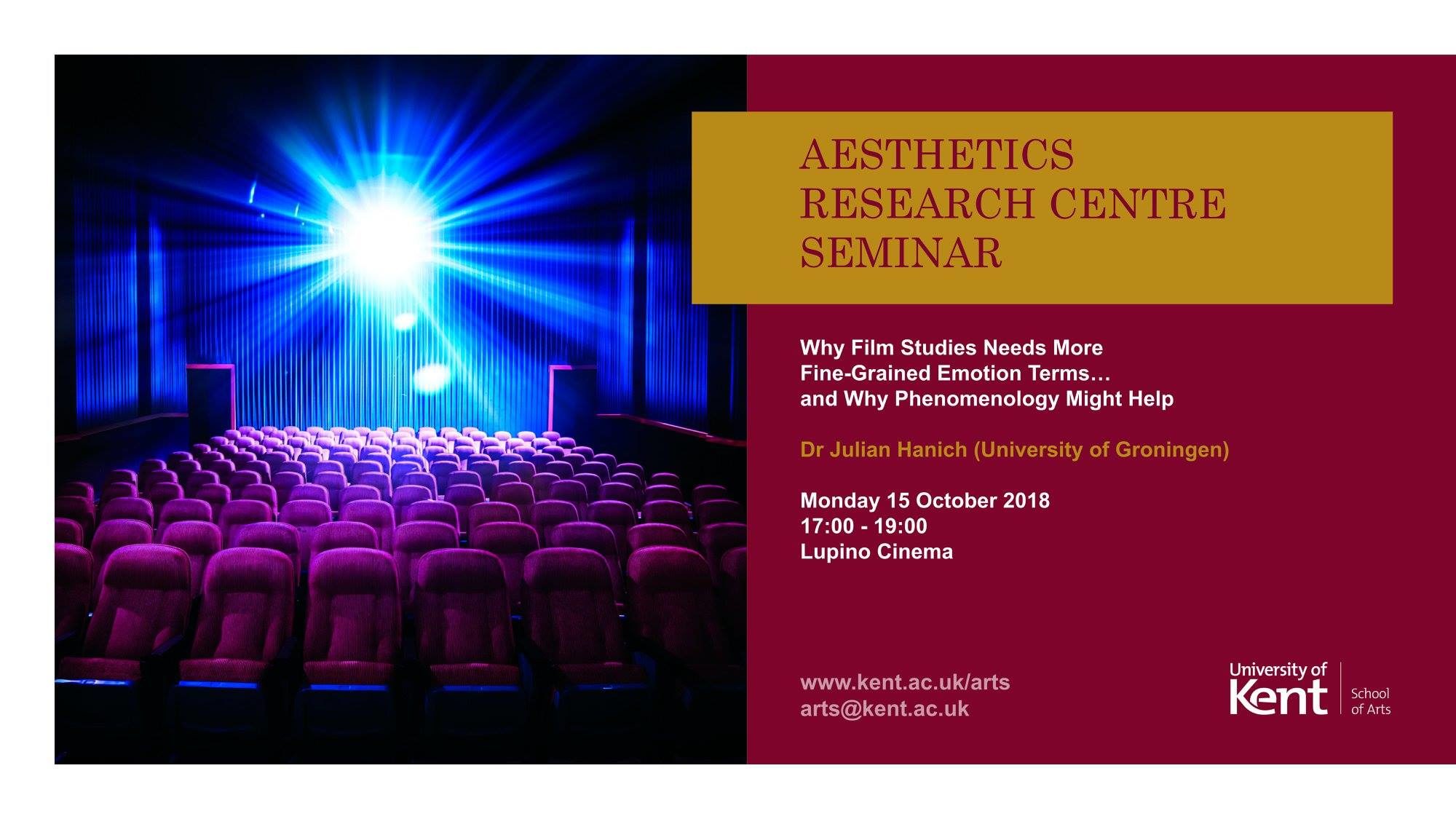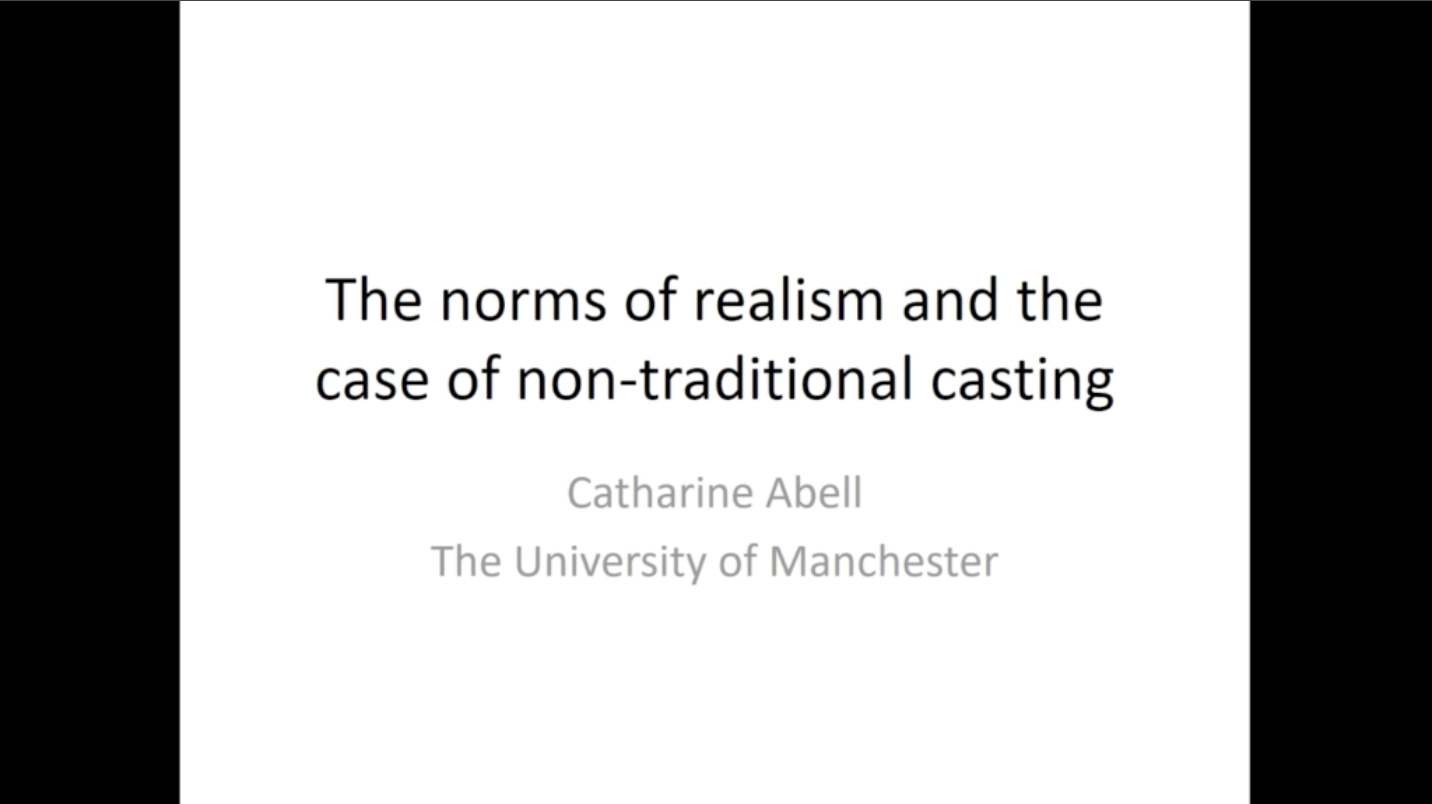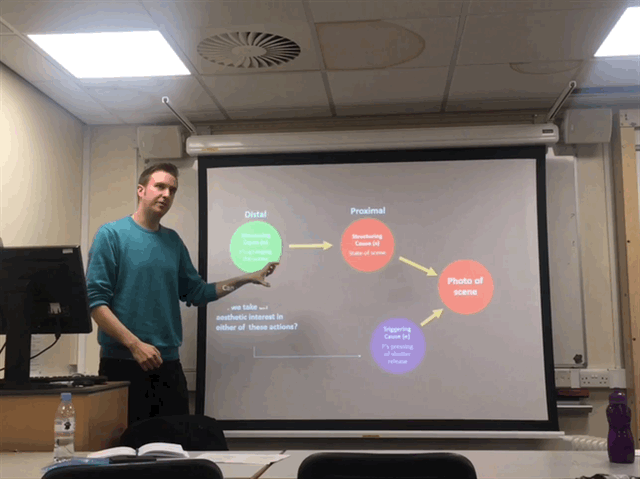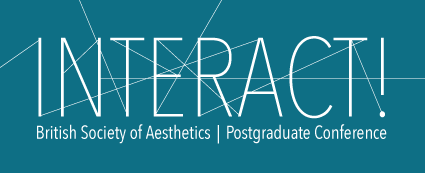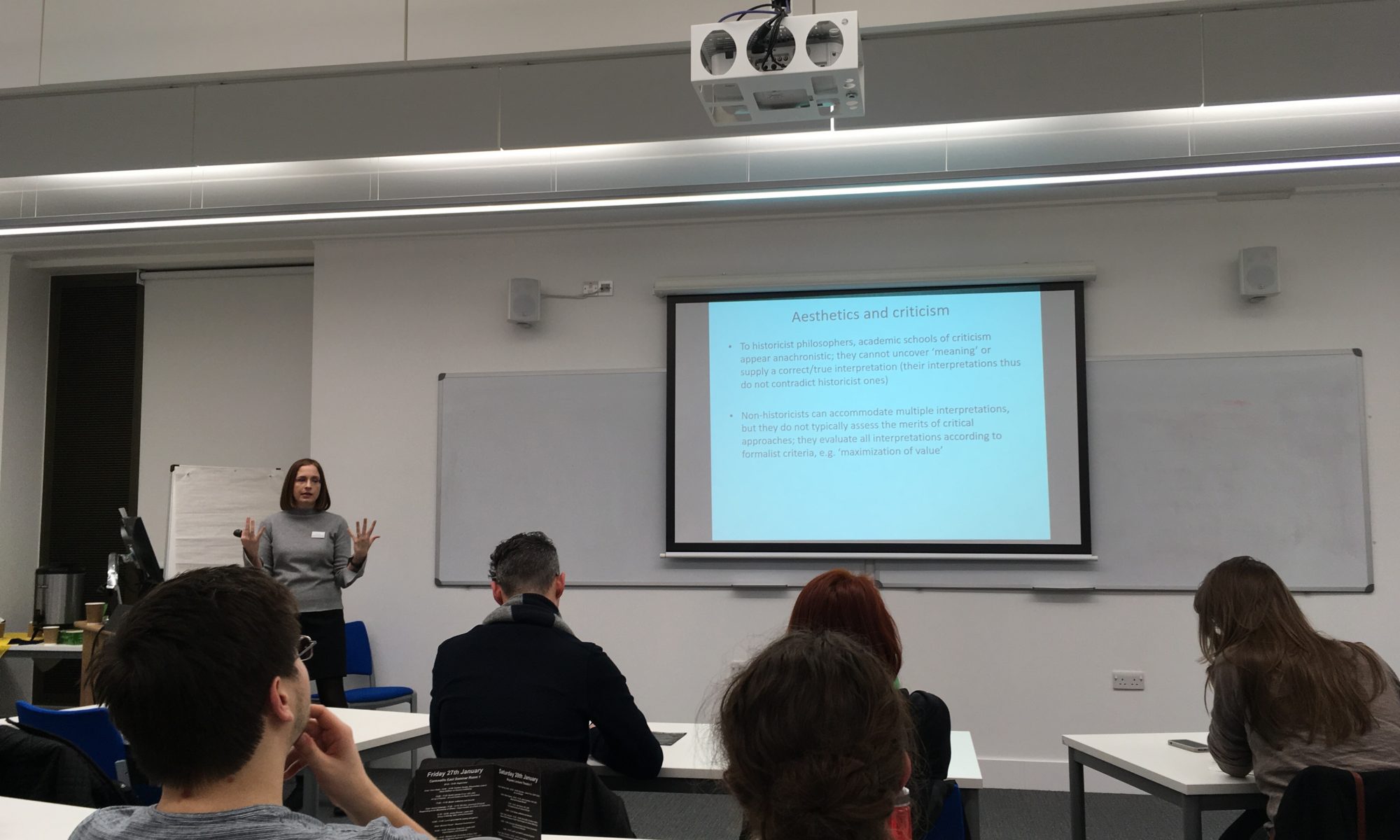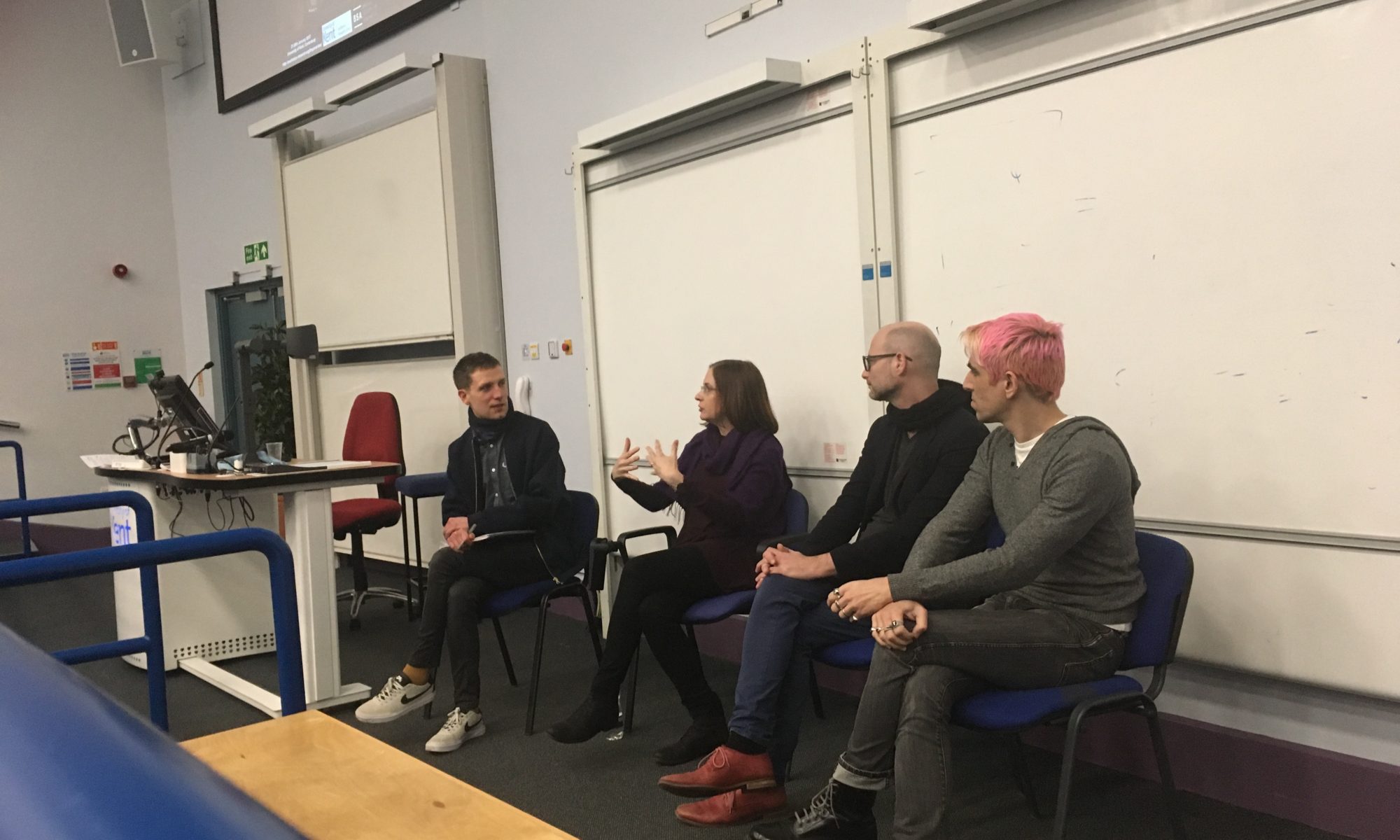Everyone welcome
The Aesthetics Research Centre at the University of Kent (Canterbury, UK) is organising a reading group on "Black Reconstruction in Aesthetics". A new article by Professor Paul C. Taylor written for debates in Aesthetics. The aim of the reading group is to facilitate discussion and critical reflection on the paper. The session will be convened by ARC director Dr. Michael Newall and PhD candidate Alice Helliwell.
Debates in Aesthetics is inviting short papers in response to “Black Reconstruction in Aesthetics”, please see the CFP on their website.
Participation is open to all
Date: 27 February 5-7pm, location tbc
Abstract
This essay uses the concept of reconstruction to make an argument and an intervention in relation to the practice and study of Black aesthetics. The argument will have to do with the parochialism of John Dewey, the institu- tional inertia of professional philosophy, the aesthetic dimensions of the US politics of reconstruction, the centrality of reconstructionist politics to the Black aesthetic tradition, and the staging of a reconstructionist argument in the film, “Black Panther” (Coogler 2018). The intervention aims to address the fact that arguments like these tend not to register properly because of certain reflexive and customary limits on some common forms of philosophical inquiry. The sort of professional philosophy I was raised to practise and value tends not to be particularly inclusive and open-minded, especially when it comes to subjects that bear directly on the thoughts, lives, and practices of people racialized as black. Black aesthetics, by contrast, is an inherently ecumenical enterprise, reaching across disciplinary and demographic bound- aries to build communities of practice and exchange. Hence the need for an intervention: to create the space for arguments and the people who work with them to function across disciplinary and demographic contexts.
The session will be live-streamed on Youtube Live to allow for remote participation via chat.
